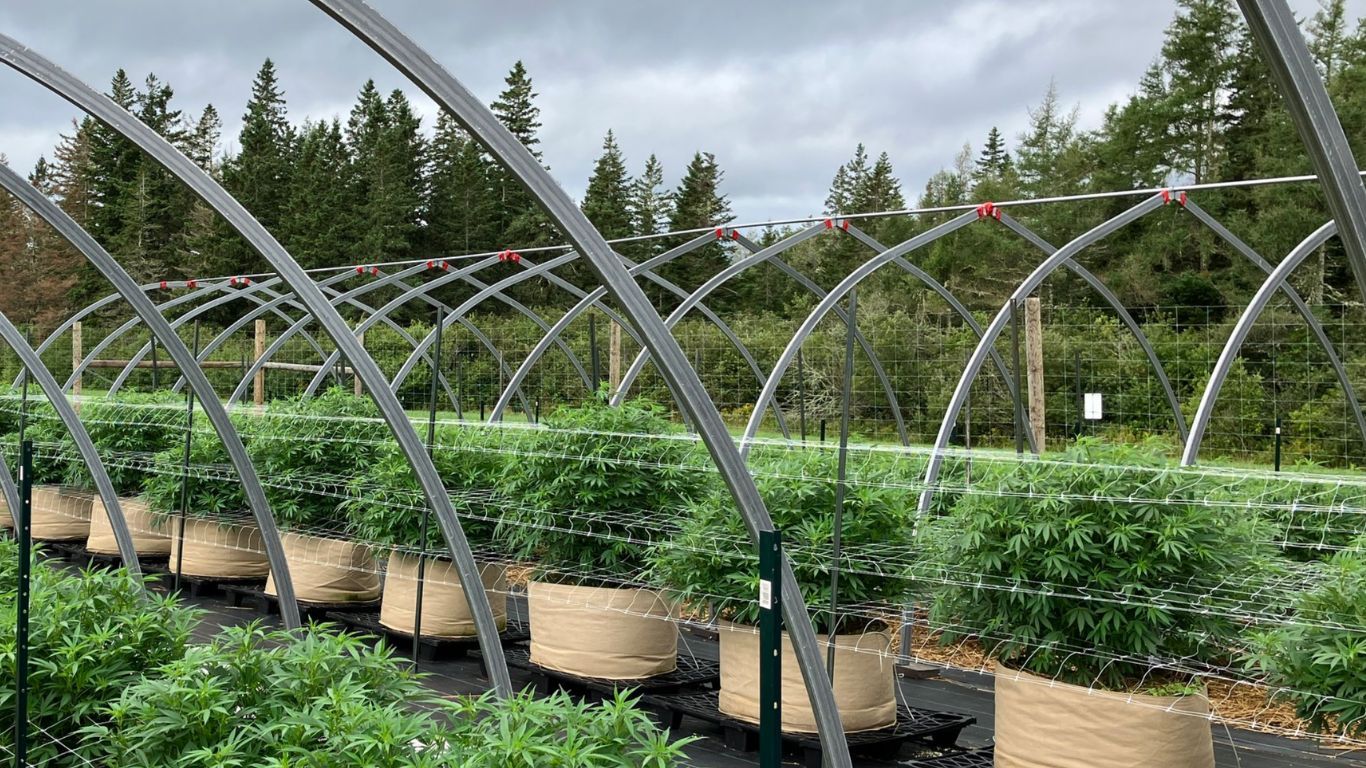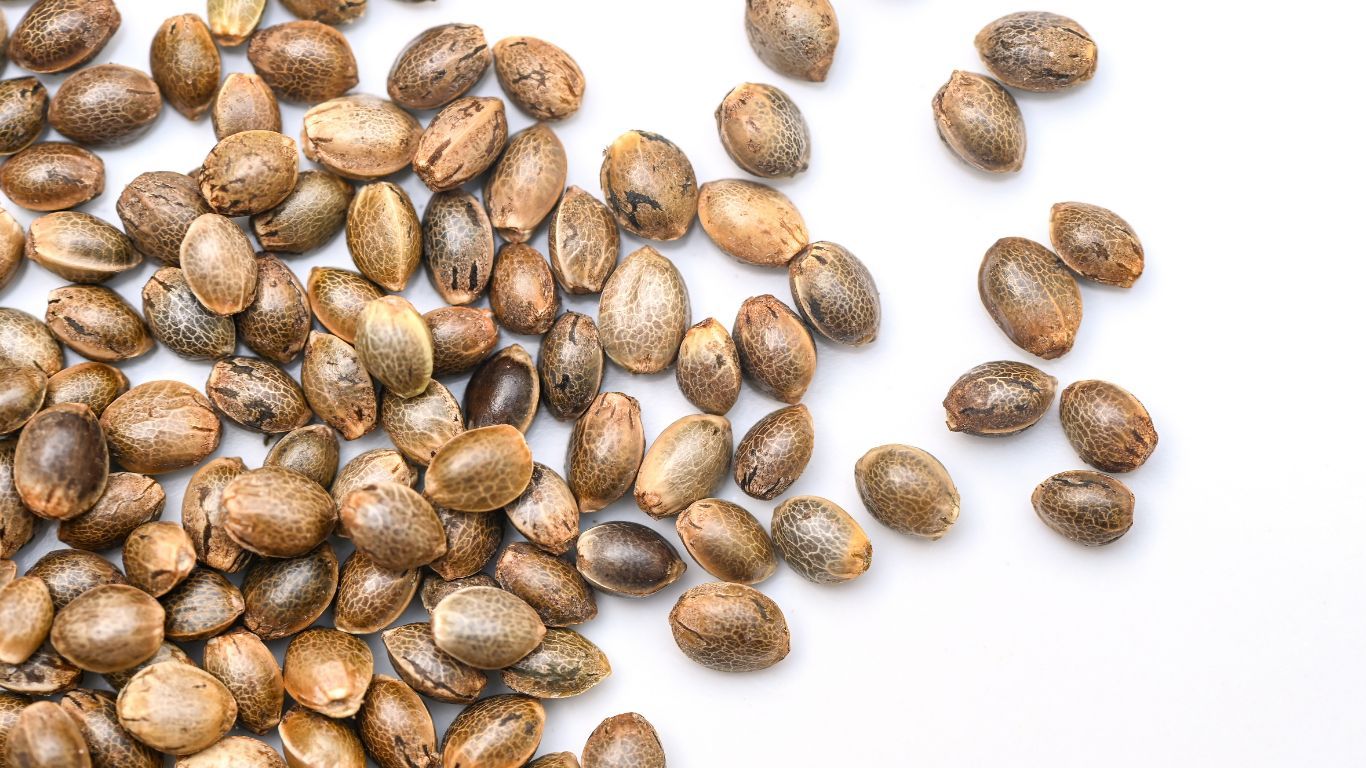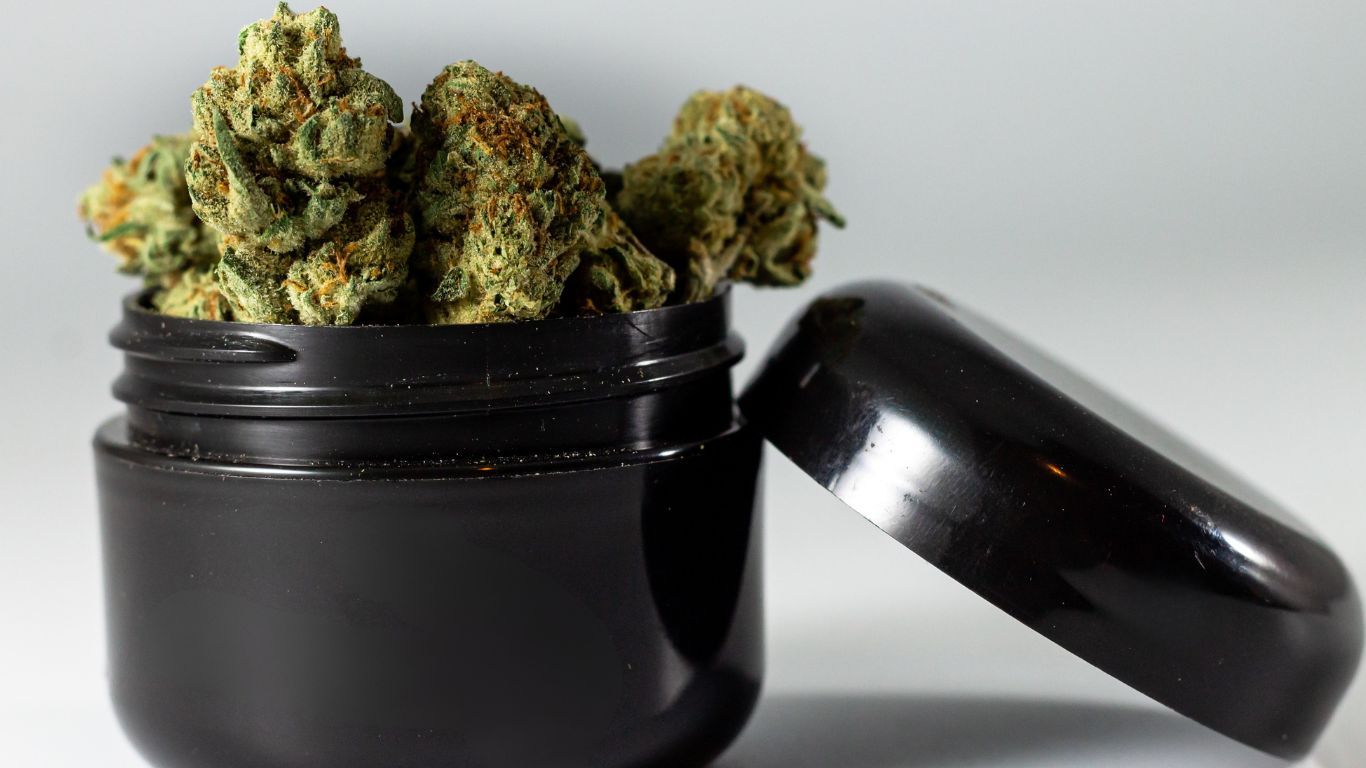
A Victoria cannabis dispensary had their website taken down today due to an ongoing investigation by the province.
VCBC’s founder Ted Smith—who first began his buyer’s club in 1996 and remains in operation currently serving its member base—says he tries to take all of it in stride, the fines and the repeated raids, and now losing their website, as an unfortunately necessary step in his desire to further challenge Canada’s cannabis rules.
The Victoria Cannabis Buyers Club (VCBC)—one of the oldest cannabis clubs in Canada—was recently hit with $6.5 million in fines by the BC government’s Community Safety Unit (CSU) as part of their ongoing investigation into the club for their continued operation in defiance of federal and provincial cannabis rules.
The BC CSU issues compliance orders to unlicensed cannabis retailers that impose a monetary penalty in an amount equal to two times the retail value of the cannabis sold, possessed for the purpose of sale, or produced in contravention of the provincial Cannabis Control and Licensing Act.
The CSU raided the VCBC on two different occasions, in November 2019 and again in July 2020, seizing cannabis products, cash, and the club’s books documenting their finances.
The fines levied by the CSU were based not only on the estimated value of the products seized ($123,606.29), but also the value of the cannabis sold in the time between the two raids (just under $1.5 million).
VCBC’s founder Ted Smith, who first began his buyer’s club in 1996, says he sees the fines and the repeated raids as an unfortunately necessary step in his desire to further challenge Canada’s cannabis rules.
“I truly hope that we’re able to manage to fight this in a way that not only makes it better for the patients fighting here now, but into the future for everyone. Having done that already, I think people have confidence that if anyone can do it, it’s going to be us.”
Ted Smith, Founder, vcbc
He explains that the plan is to file both a constitutional challenge and an injunction to stop any more actions against the club until their constitutional hearing is concluded.
“We’re hoping to get our constitutional challenge filed as soon as possible, before more measures are taken here,” says Smith.
The VCBC was the driving force behind a successful Supreme Court challenge in 2015 (R v Smith, no relation) that ultimately led to Canada’s medical cannabis laws being changed to allow for cannabis products other than just dried flower.
The club’s ongoing existence, explains Smith, has been a form of civil disobedience against what he sees as a system of regulations that leave out many cannabis consumers or patients who are seeking more affordable and unique cannabis products than is currently available in the legal medical and non medical markets.
His long term vision for the club isn’t civil disobedience, though. Ideally, with the right changes to the regulations, he has plans to go legal as well.
Smith says he would like to see the federal and provincial regulations changed to allow him to hire a pharmacist within his club, and run his own production facility for products he can sell in his own store—in dosage forms not currently available in the legal market. He also wants to see on-site consumption for many of the club’s patients who need a place to consume, which the VCBC has historically provided.
“I truly hope that we’re able to manage to fight this in a way that not only makes it better for the patients fighting here now, but into the future for everyone. Having done that already with our battle at the Supreme Court of Canada, I think people have confidence that if anyone can do it, it’s going to be us.”
In the meantime, Smith says the club remains open with no plans of closing. The BC CSU was unavailable for comment as of press time.











